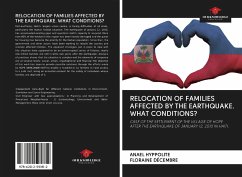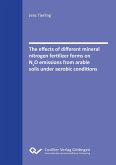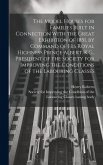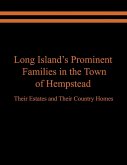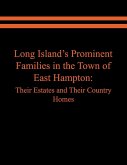Port-au-Prince, Haiti's largest urban centre, is facing difficulties of all kinds, particularly the human habitat situation. The earthquake of January 12, 2010, has accentuated existing gaps and questions Haiti's capacity to respond. More than 60% of the habitat in this region has been heavily damaged and the quest for housing has become the priority for the Haitian population. Since then, the government and other actors have been working to rebuild the country and relocate affected families. The apparent strategies put in place to deal with this situation have appeared to be an uninterrupted series of failures; nearly one million families are still in tents two years after the earthquake. Analysis of practices shows that the situation is complex and the elements of response are at several levels: social, urban, organizational and financial.The objective of this work has been to provide possible solutions through the efforts made by HOPE WORLDWIDE-HAITI to enable a hundred or so families to have access to a safe roof, being an essential element for the safety of individuals whose families are deprived of it.
Hinweis: Dieser Artikel kann nur an eine deutsche Lieferadresse ausgeliefert werden.
Hinweis: Dieser Artikel kann nur an eine deutsche Lieferadresse ausgeliefert werden.

